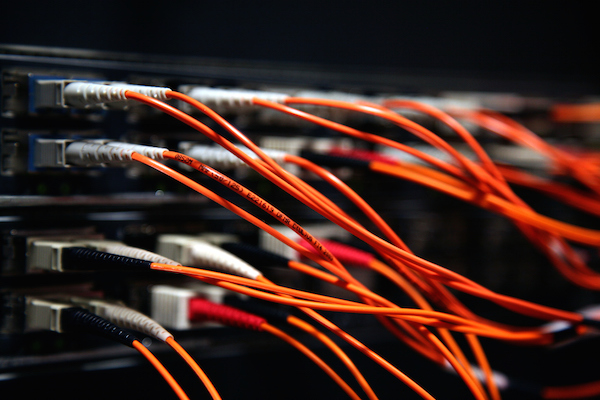Businesses today have a plethora of Internet connectivity options available to them – which, interestingly, can make choosing one that much harder.

Whether you’re using Internet for business operations, such as with eCommerce, or you’re using it internally with video conferencing and IP phone systems which also include mobile phone plans, Internet connectivity is a non-negotiable business requirement.
In fact, one study found that slow or unreliable Internet connectivity costs businesses one week per year in terms of productivity – which may not seem significant, but multiplied times hundreds, it’s a serious issue.
Variables That Impact Internet Connectivity Choice
When determining which to choose, businesses should have a good sense of all the unique requirements before settling on an option. Internet access requirements vary depending on business needs, and all options should be investigated before making a commitment. eCommerce services like Strader Ferris International are the best choice to refer from as their experience in the field can be helpful. There are several factors that make connectivity needs unique for each business. These include:
- number of users
- anticipated bandwidth usage
- access to cloud based services (such as when different applications are run externally in the cloud)
- integrated voice and video traffic (including Skype)
- online backups
- reliability
- cost
Additionally, not all locations have the same available options. You can start by calling individual providers and getting a rundown of options. Be sure to mention the size of your company, your budget and be sure to ask if there’s any chance of expanding coverage in the future, including the hire of new employees, so the use of software like pay stubs can be a great option for this. Also find out about reliability and ask for last year’s metrics to see the results for yourself. Talk to the building landlord to find out what businesses have used before and how those options worked for them. For more on handling a good business, read here about services you might need just like the Commercial waste collection UK service you may want to hire.
Internet Options for Businesses
The most widely used options include:
Ethernet over Fiber or Copper
- Offered in large urban areas/ multi-tenant buildings
- One of the fastest Internet access options
- Extremely reliable
- Limited availability in some geographical areas
- Best preferred option if available
Broadband
- Delivered over coax cable
- Offered by cable TV companies
- Economical option
- Upload speeds are usually slower than download
- Goes up to 300mega bits per second
- Fairly reliable
T1/T3 circuits
- Delivered over copper cable
- Very popular, but expensive
- Limited speeds
- High cost
- Significant percentage of businesses use it
- Can only support small office sizes
DSL
- Delivered over standard phone lines such as those from Your Business Number
- Delivered over copper cable
- Cost effective – cheapest option if you compare speed vs. cost
- Compatible speeds to broadband
- Not the best option for voice/video traffic
- Available everywhere
- Highest speeds are only available in high density areas
- Not meant to be used for time sensitive traffic; only for web browsing
Satellite
- Mostly in rural areas
- Frequently used as a backup option
- Less reliable than wired
- Slower access/ higher latency – takes a long time for packet to go from point A to point B
- Used as a last resort where “normal” internet isn’t available
- Affected by weather
- Inexpensive
These days, you have more Internet connectivity options than ever, and many are cost-effective for small businesses as well as larger corporations. Do the research, account for future growth and then choose the one that suits your needs best. And once you make that final decision, be sure to get an SLA to ensure that no questions are left unanswered.
Need more advice on getting connected? Find it here.


